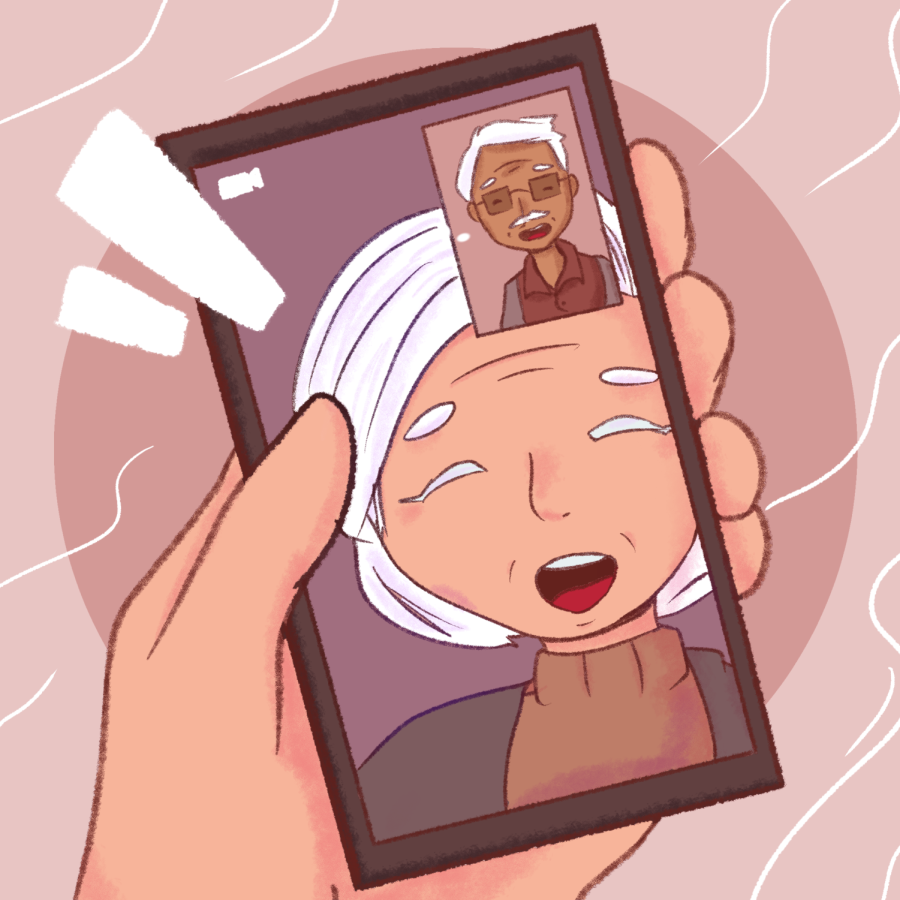UT researchers analyze internet usage of older adults during pandemic
October 14, 2022
Researchers from UT, Baylor University and the University of Missouri identified increased use of internet-enabled behaviors in older adults during the pandemic, according to a study published in Work, Aging and Retirement on Aug. 6.
An internet-enabled behavior, or IEB, is an activity made possible by the internet, such as online shopping, video chatting and leisure activities, according to the study. The researchers partnered with the Georgetown Neuroscience Foundation to distribute a survey to 298 older adults last spring regarding the technologies they used during the pandemic and which ones they expected to continue to use after the pandemic. The average age of participants was 73 years old.
“Historically, older adults have been less engaged with technologies than their younger peers, so we were curious on how the pandemic changed that,” principal investigator Jared Benge said.
Associate neurology professor Benge said individuals who used video meetings reported less depression and less loneliness as they emerged from the pandemic.
“Technologically based interventions can have some supportive effect on mood and socialization in older adults,” Benge said.
Benge said the study taught the researchers “about how resourceful older adults can be at using these technologies.”
“Older adults were put into a situation where they had to expose themselves to technology and had a prolonged period of practice,” Benge said.
Out of all the IEBs, older adults increased their online shopping habits most during the pandemic. Benge said healthcare providers should question “what (they) can learn from online retailers in order to make (their) own services user-friendly and something that people keep coming back for.”
Co-principal investigator Alyssa Aguirre said this research illuminates important behavioral information about a group that is often overlooked in social sciences.
“Any research that highlights older adults can further benefit the field in general because older adults are significantly overlooked, not only in clinical trials, but social science research,” Aguirre said. “(They) are often excluded just based on their age or their medical conditions alone.”
Aguirre said the study dispels common myths regarding older adults’ technology use.
“Not only are older adults using technology, but they’re using it on a daily basis to meet their basic needs,” Aguirre said. “The more we can study what’s going on with older adults, the better we can understand and create interventions that can help support them.”












